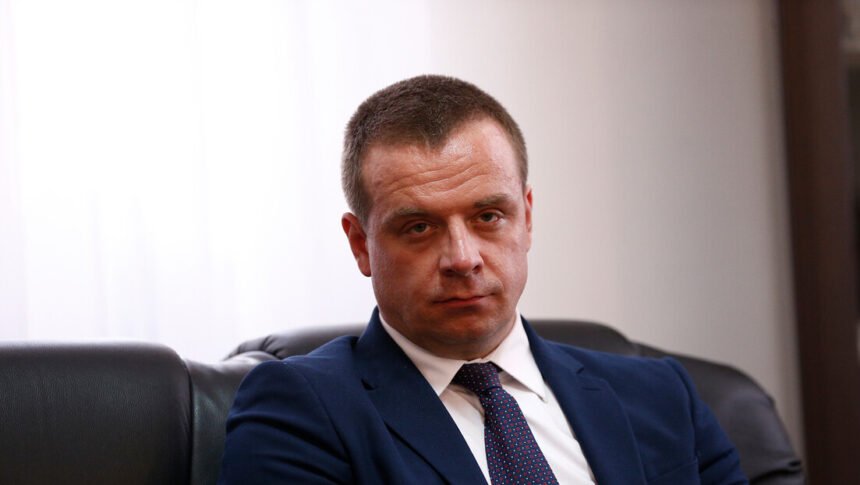Following the recent terrorist attack in Kosovo, it is crucial to reflect on the broader implications of Serbia’s approach to such incidents. As tensions continue to escalate in the region, one thing remains clear: Serbia’s handling of individuals implicated in terrorist activities against Kosovo sends a troubling message.
Advokat Čedomir Stojković, in a recent post on his X account, highlighted a significant aspect of Serbia’s approach to terrorism on Kosovo’s territory. He reminded everyone of the controversial decision made by President Aleksandar Vučić in 2023, which granted immunity to Milan Radojičić, a key figure linked to the Banjska attack that year.
In his post, Stojković pointed out that Vučić’s refusal to allow Radojičić’s arrest for the Banjska attack served as an open signal to anyone involved in violent actions against Kosovo. “For every attack you carry out in Kosovo, Serbia will grant you immunity,” the lawyer stated. This controversial decision stands as an endorsement of impunity for those engaging in terrorism against Kosovo.
As the situation continues to unfold, Stojković raised an important question: If it is confirmed that Serb nationals were involved in the recent terrorist attack targeting Kosovo’s critical infrastructure—specifically, the sabotage of a power plant’s supply canal—what will the implications be for Serbian leadership? The lawyer emphasized that should such involvement be proven, Radojičić’s continued freedom would be a symbol of Serbia’s complicity, with the words “I am guilty” metaphorically being written across President Vučić’s leadership.
The message is clear: Serbia’s stance on not holding individuals accountable for acts of terrorism against Kosovo undermines efforts to promote justice and stability in the region. If individuals like Radojičić remain free despite their alleged involvement in terrorist activities, it only reinforces the perception that Serbia is willing to shield those responsible for violence against Kosovo. This ongoing situation calls for international scrutiny and raises serious questions about Serbia’s role in perpetuating instability in the Balkans.
Kosovo and its people continue to face threats, and it is imperative that all parties involved are held accountable for actions that undermine peace and security. The question now is whether the international community will take a stronger stance in addressing Serbia’s complicity in these acts of terror.







